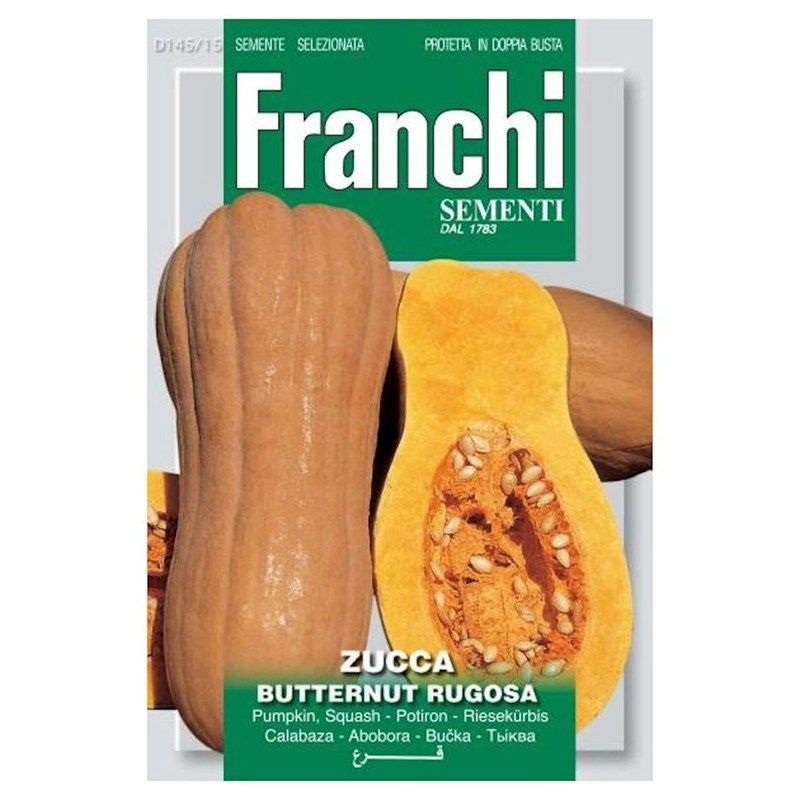I'm now thinking more about my apples, and getting round to thinning them out, which even now I guess is going to help


These aren't the worst for being overcrowded, or at least don't show the number of small fruit which will never develop. Many of these are on the ground

It seems rather a waste, but however red they look, they're not sweet enough to eat yet. The reddest looking ones on the tree are OK, although my neighbour didn't agree. Last year I was harvesting them - Discoveries - in July.
Some also had bitter pit, although not too many - it seems to do with lack of calcium in the soil and drought - the latter would figure, and being clayey, the soil isn't going to be calcium rich.
I suspect that in a couple of weeks we'll be picking most of the Discoveries, and the other tree - Charles Ross - more like the beginning of September.
Along with my beans, which are still not thriving, apples are something I'm going to concentrate on getting right next year.
It's also the beginning of the potato harvest - at least for the Picassos, where the haulm has largely died down

Digging up one row - with the assistance of new plot holders daughter, aged about 5 - produced 9kg. 4 more rows of these to go, and three and a half of the Pink Fir Apples, which are still photosynthesising away.
There's still fruit coming on the blackberry, but today I also set about starting to train next year's fruit bearing canes

both the blackberries on the right and the tayberries on the left. They now look rather tidier than this.
I've just got round to googling to see what variety of chilli it would have been I'm growing from Wahaca. Apparently Serrano, which likes a pH of 7.0 - 8.5 - so fairly alkaline, unlike this soil, and liking temperatures above 24°C - so no wonder these are barely more than 30 cm high. Even so, they're developing some fruit

I'm also watching the butternut squash taking over more space. One of the fun things about them is how squash hide under the leaves, so that when you harvest them eventually, there are generally one or two more than you expected. Here's one lying low which I only just spotted today

In my own garden, figs have also started coming - five so far this year - and also mulberries, in quantity. They're more easily seen from inside the tree, so here they are, looking out

We're also getting a reasonably regular supply of tomatoes, although I suspect I should be removing some of the leaves, so that the sun gets to ripen them faster. All these green tomatoes will eventually ripen

even when picked green and put in a bowl indoors, which is what happens at the end of the season.
Finally - hardly that remarkable, except to me, are these auricula seedlings, which I had the idea until this year were hard to grow from seed. I don't know what colour the flowers will be either. It's a bit ridiculous, but that's almost part of the fun





































































